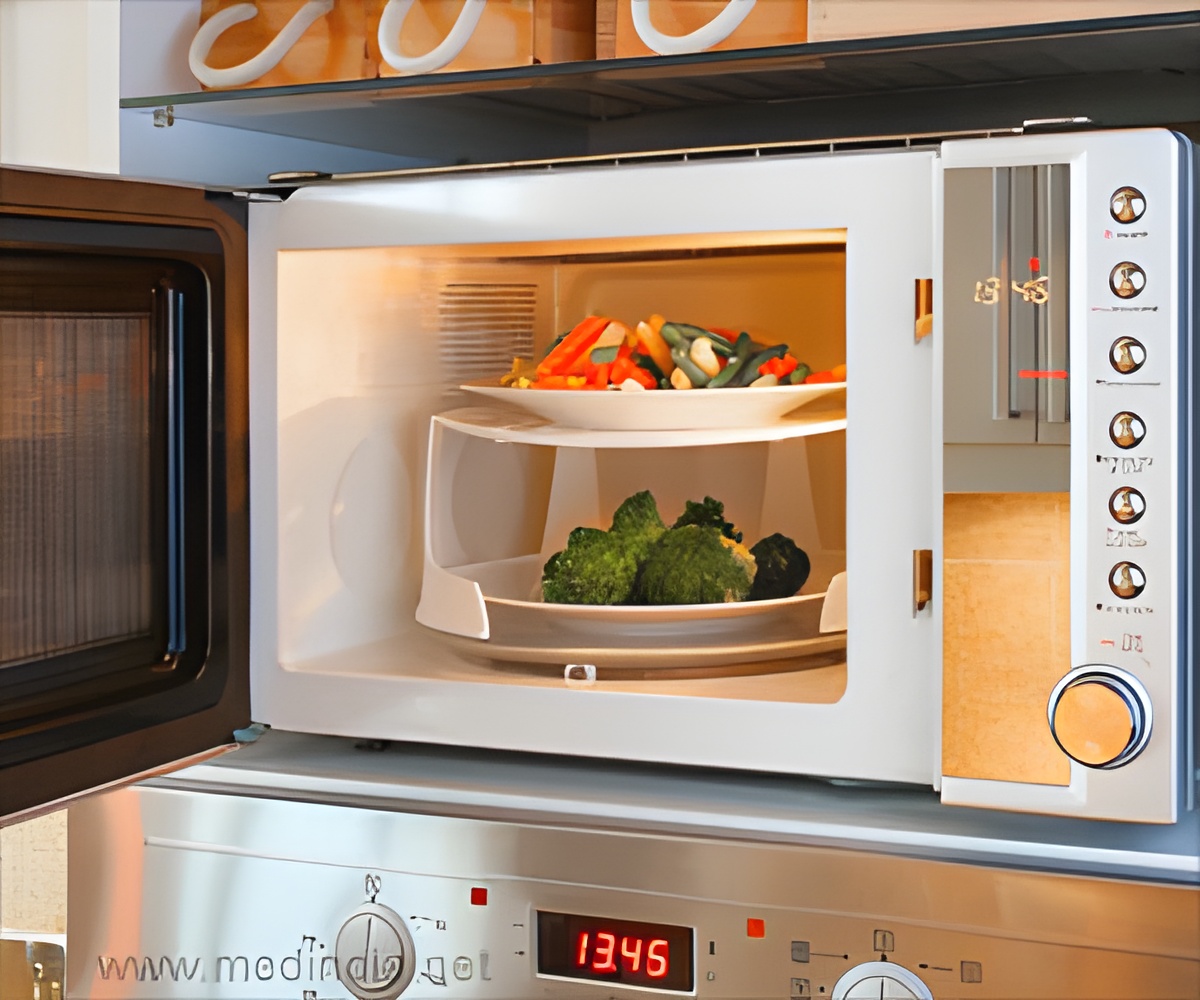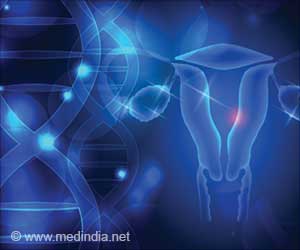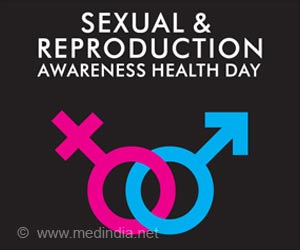Access to modern energy can affect fertility by enabling women to make unconstrained and informed reproductive choices.

‘Women who have access to modern energy can affect fertility by letting them make unconstrained and informed reproductive choices.’





In addition, burning wood or charcoal to prepare food carries health hazards for everyone in the home, and again has a disproportionate impact on women and girls who tend to spend the most time indoors where they are exposed to these hazards.At the same time, almost half of women aged 15-49 who live in marriage or union worldwide have no control over their reproductive decisions, underlining the urgent need to better understand the factors that enable women to realize their reproductive rights.
In their study, the authors note that in most research on energy and fertility, observed fertility declines are interpreted as a change in reproductive choices due to altered costs and benefits from household access to electricity.
The study considered three complementary theoretical channels in which access to modern energy can affect fertility by enabling women to make unconstrained and informed reproductive choices.
To this end, the researchers analyzed the relationship between access to modern energy and fertility based on panel data synthesized from 155 Demographic and Health Surveys spanning a period of 26 years.
Advertisement
“We found that switching to modern fuels like gas or electricity not only improves health, it also relieves women of the need to have many children, to do time-consuming housework like fetching firewood, or cook on open fires. This frees up time to seek information and education and eventually helps women realize their reproductive rights. This is a direct line connecting the switch from modern energies to the demographic transition,” explains Camille Belmin, lead author of the study and a researcher at the Potsdam Institute for Climate Impact Research (PIK).
Advertisement
“Education is undoubtedly key, too. Access to modern cooking fuels and electricity, which we sum up as modern energy, is complementary to education. Both modern energy and education are paths to more choice for women about the number of children they bear,” adds coauthor Helga Weisz from PIK.
In terms of the policy implications of their research, the authors point out that recognizing the multiple benefits of modern energy for women’s lives opens new avenues for development policies. Such programs would focus on ensuring the well-being of women, while increasing their ability to exercise their rights on self-determination reproductive choice, and global fertility decline would merely be a consequence.
Source-Newswise










